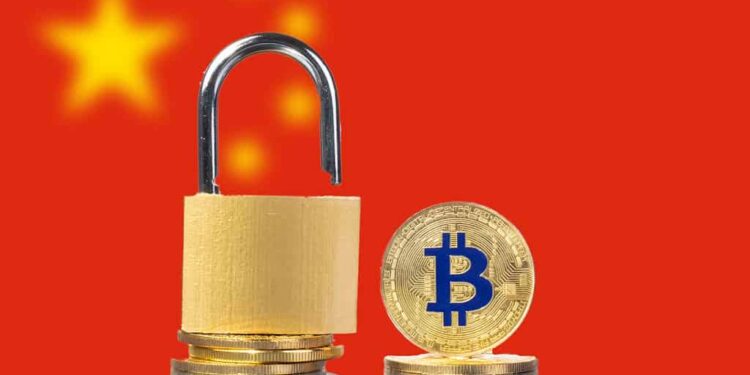Advertisement
Bitcoin is a legally protected asset in China.
The Shanghai People's Court has stated that bitcoin qualifies as a virtual asset protected by Chinese law despite a ban on cryptocurrency trading in China.
Last week, the court's official WeChat announcement stated: "In fact, the people's court has given a unanimous opinion on the legal status of Bitcoin and identified it as a virtual asset class."
The court further explained that bitcoin "has certain economic value, which is protected by the application of legal rules of ownership, depending on the nature of the asset."

The statement marks the first time a high court in China has issued a ruling regarding a bitcoin lawsuit. The verdict came amid the astonishment of the entire community. Chinese authorities since mid-2021 have been known to have repeatedly taken drastic actions with the aim of "purging" cryptocurrencies. China has always viewed cryptocurrencies as a "terrible" threat to the country's financial health.
Notably, China's high people's court is the highest-functioning local court of all provinces. However, it remains unclear whether other high courts share the same view and lead to a similar decision to wipe out Bitcoin.
Bitcoin lawsuit in China
The fact that the Shanghai People's Court has stated that Bitcoin is subject to actual ownership laws and regulations comes after a lawsuit was filed in the district court in October 2020. The case involves Cheng Mou, who filed a lawsuit with the Shanghai Baoshan District People's Court demanding the recovery of 1 bitcoin (BTC) from Shi Moumou.

After the trial, the court ruled on February 23, 2021 that Shi must reimburse his Btc Cheng within 10 days of the ruling. However, Shi refused to pay, prompting Cheng to seek further redress from the local court system. Bao Son District Court then arranged to mediate between the two sides. Since the defendant no longer owns Bitcoin, the parties have agreed that the defendant will pay compensation at a discount from the value of Bitcoin at the time of the loan.
Liu Yang, a lawyer from Beijing's Deheng Law Firm, told local media that the supreme court's statement would have strong implications as a reference ruling for bitcoin-related civil disputes in the Shanghai region.
















